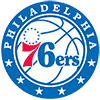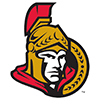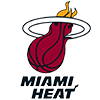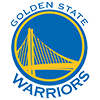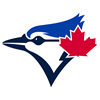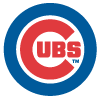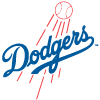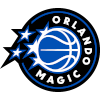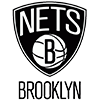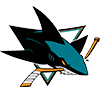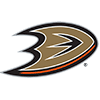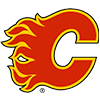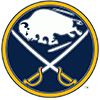The NBA's one-and-done rule has been in place since 2005, so it might be time to examine how the rule has affected college and pro basketball the last eight years. There certianly has been plenty of debate surrounding the rule.
Some consider it unethical to force basketball players to go to college (only Brandon Jennings and Jeremy Tyler have gone abroad to get paid during their apprenticeship). Other critics contend that basketball players should spend two, if not three, years in college to mature and to give pro teams a better read on their skills.
A common suggestion is that basketball should adopt a rule like baseball in which a player can either go pro after high school or must attend school for three years. This, however, does not make sense for basketball because basketball does not have the robust minor league system that baseball offers as an alternative for college. Basketball has only the fledgling NBDL, which has not been shown to develop players.
In any case, let's take a level-by-level look at how the rule has worked:
Pro Basketball
One might think that even an extra year of exposure to players would give pro teams a better read on how a player will fare in the professional ranks. But an extra year of evaluation hasn't made drafting youngsters any more predictable. While the NBA has avoided Kwame Brown-type failures as the top pick in the one-and-done era, it still sees a similar number of draft busts. The 2006
The NBA's one-and-done rule has been in place since 2005, so it might be time to examine how the rule has affected college and pro basketball the last eight years. There certianly has been plenty of debate surrounding the rule.
Some consider it unethical to force basketball players to go to college (only Brandon Jennings and Jeremy Tyler have gone abroad to get paid during their apprenticeship). Other critics contend that basketball players should spend two, if not three, years in college to mature and to give pro teams a better read on their skills.
A common suggestion is that basketball should adopt a rule like baseball in which a player can either go pro after high school or must attend school for three years. This, however, does not make sense for basketball because basketball does not have the robust minor league system that baseball offers as an alternative for college. Basketball has only the fledgling NBDL, which has not been shown to develop players.
In any case, let's take a level-by-level look at how the rule has worked:
Pro Basketball
One might think that even an extra year of exposure to players would give pro teams a better read on how a player will fare in the professional ranks. But an extra year of evaluation hasn't made drafting youngsters any more predictable. While the NBA has avoided Kwame Brown-type failures as the top pick in the one-and-done era, it still sees a similar number of draft busts. The 2006 draft served up Adam Morrison and Tyrus Thomas (as well as Andrea Bargnani, who is a somewhat productive player albeit limited - like the worst top pick of the last 10 years other than Greg Oden, who has been injured). Yi Jianlian did not bring boatloads of Chinese business to Milwaukee and remains on the periphery of the league. Michael Beasley and Hasheem Thabeet have been relative busts as the second picks of the 2007 and 2008 drafts, respectively. I know I am cherry picking draft busts, but the one-year rule was supposed to help prevent this from happening. There's no evidence to think that NBA GMs would get more picks right if they had even more time - 2-3 years of college ball - to evaluate players.
College Basketball
The one-and-done rule has been a boon for college basketball. Let's face facts: big-time sports in the NCAA have little to do with academics and pretty much everything to do with generating revenue. You can just imagine how the sport would have blossomed had LeBron James, Kobe Bryant and Kevin Garnett been forced to spend a year in college (at Akron, Duke and perhaps DePaul). Now imagine the last eight years without Kevin Durant at Texas, Derrick Rose at Memphis and all of the Kentucky Wildcats of the John Calipari era. College basketball would not have been a wasteland, but it surely would have lost even more of its luster without star players. Perhaps team-based play might have come to the forefront (like the WNBA), but people tune in to watch stars. March Madness might have become March Sadness.
Players
It has always been my contention that college basketball does not help the top players. The only player I have found in quite a bit of research to apply for the draft but then return to college and improve his draft status is Jimmer Fredette. And the Jimmer has not done much in the professional ranks yet. The one-and-done rule made big news last month when top-five pick Nerlens Noel was lost for the season with a torn ACL. The major downside to playing in college for the best players is they lose a year of money making potential. Eventually, I imagine the NCAA will go to a more Olympics-style system in which players can pick up money from endorsements or are allowed to insure their future careers. But I disagree with those who argue that more college would make basketball players better pros. Most players pick up basketball fundamentals before college, the NCAA just ramps up the competition. Elite players are more likely to get better quicker by learning on the job rather than playing in college.







